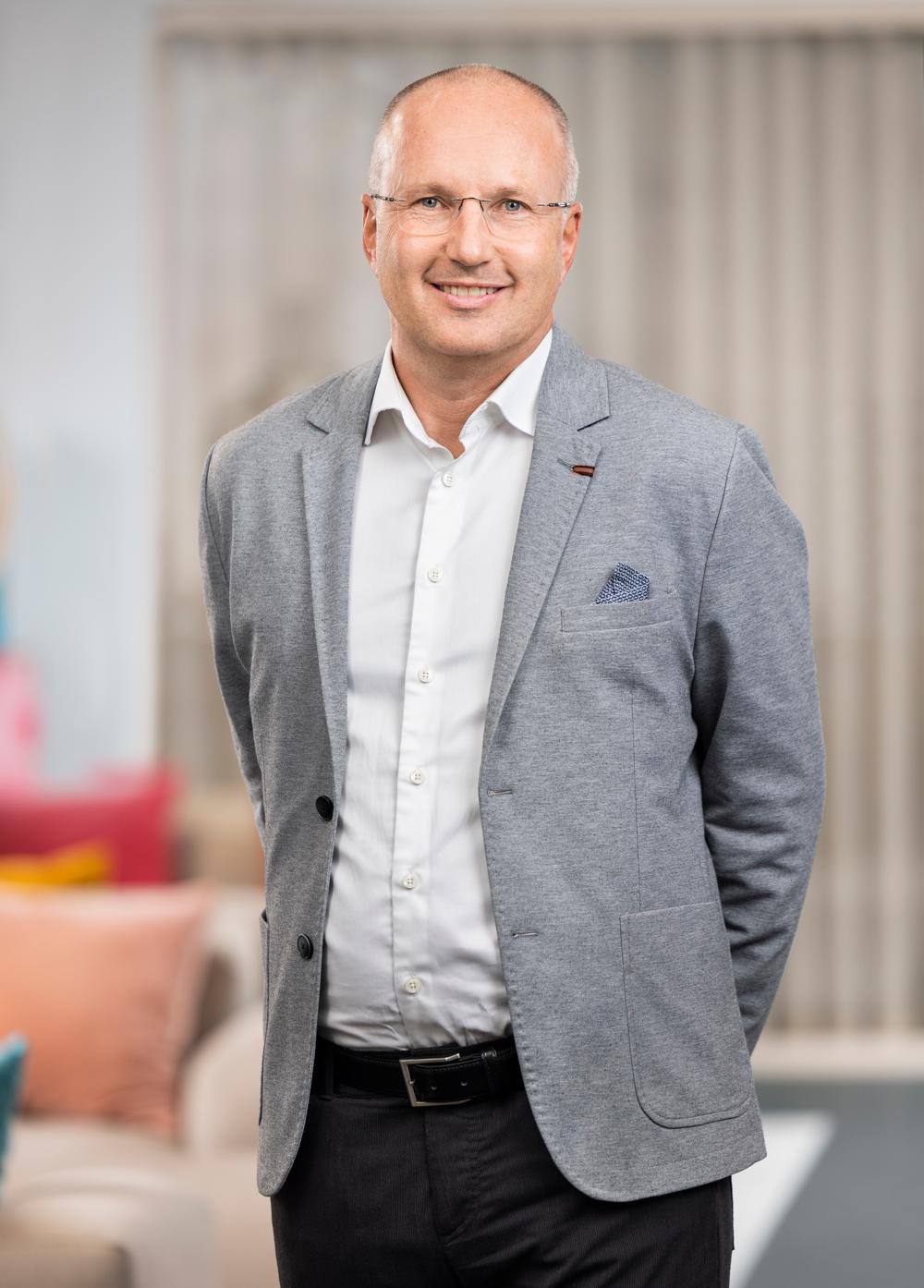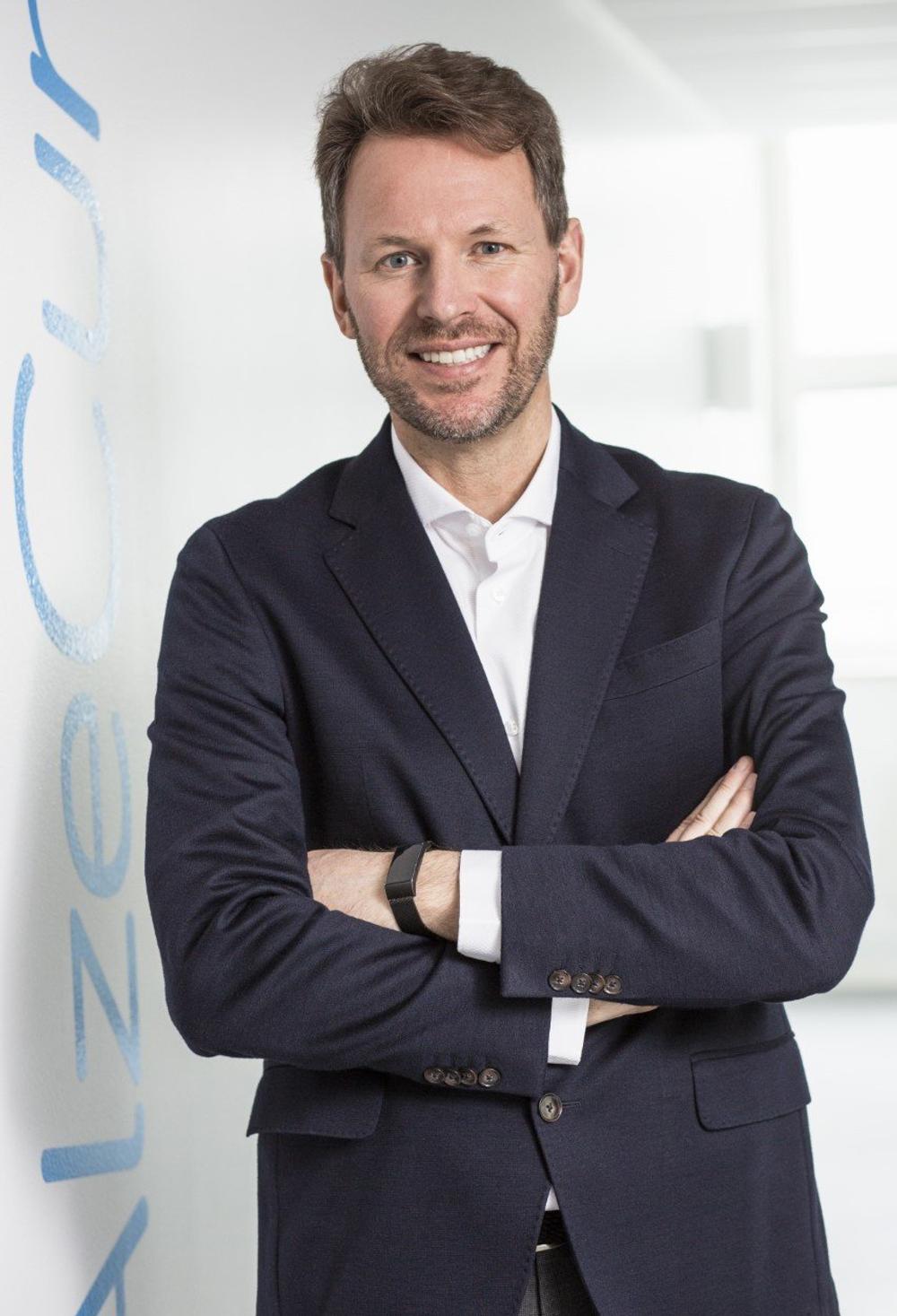Rise and Scantox cease conducting animal testing in Stockholm
Rise (Research Institutes of Sweden) has decided to shut down its entire in vivo operations in Södertälje, where toxicological studies and other types of preclinical studies were conducted on animals. At the same time, the company Scantox has chosen to relocate its animal testing services from Solna to Lund. The announcements came in quick succession and are reshaping the availability of preclinical services.
At Rise, a "reorganization" is taking place, with life sciences being separated into its own division to consolidate the portfolio. This also included a review, where the research institute concluded that animal studies were not profitable enough.
Around 15 people have been warned of layoffs due to the shutdown, and union negotiations are currently ongoing. This is announced by Timo van’t Hoff, interim division manager at Rise Life Science unit, in an interview with Life Science Sweden.
– In toxicology, especially related to animals, there has been very weak demand within the Swedish industry. There are high costs and low demand, and when that happens, the business can't continue, he says.
Despite being an award-winning operation that showcased its high standards, the institute saw no other option but to shut down. According to Rise, the closure will take place "in a controlled manner" in the first half of 2025, and all ongoing studies will be completed.
– These are not easy decisions, it’s really tough. We’ve built a very fine operation and have been very proud of it. But in the end, the numbers must add up.
Rise's in vivo operations have primarily consisted of toxicological studies on mice and have been aimed at smaller companies within biotech and life science. Van't Hoff says it has been noticeable that many Swedish companies in the sector have struggled to secure funding. Most of the major contracts that came to the research institute, instead, were from companies outside Sweden.
In the end, the research institute could no longer afford to compete with functional commercial alternatives on the market, according to Timo van't Hoff.
At the same time as Rise announced the shutdown, there was also news of a reorganization at one of the major private players in toxicology.
The Danish company Scantox is an established player that conducts preclinical research services on behalf of other companies in the life science sector. Scantox has laboratories at several locations in Europe and has carried out in vivo operations at two of its three sites in Sweden; in Solna and Lund. Recently, the company chose to merge the two units. The services will be discontinued in Solna and instead centralized in Lund, where animal testing will continue.
Of the eleven people who were employed at Scantox in Solna, three will stay, while the rest are being dissmissed. In Lund, the company will "potentially" hire more people depending on demand. The company's CEO, Jeanet Løgsted, states that cost considerations were not the deciding factor in the decision.
– For us, it was more about the expertise we had in Solna not being demanded by clients, and it became more reasonable to consolidate all the expertise at one site, she says to Life Science Sweden.
She emphasizes that the company still has an ongoing interest in operating and retaining expertise in Sweden, despite the downsizing in Solna. In Gothenburg, Scantox also runs an analysis center, which is not affected by the reorganization.
However, the shrinking availability of toxicological studies in the capital region is unfortunate from a Swedish life science perspective. This is stated by Martin Jönsson, CEO of the Swedish company Alzecure Pharma, which develops drugs for Alzheimer's and pain.
– This is a very central part of drug development and important for progressing with one’s substances, he says.
For Swedish biotech, it is crucial to secure local expertise in toxicology, says Jönsson. The closures that are now happening are therefore problematic, he adds.
– As I understand it, there won’t be any major companies here in the Stockholm area that can perform these tasks.
In addition to the importance of preserving the facilities and the expertise that has been built up, he also sees a risk that the costs of conducting toxicology studies will rise as competition disappears.
– I hope that someone takes the opportunity to start a similar operation in the region and hires the staff from Rise and Scantox if they become unemployed.
Artikeln är en del av vårt tema om News in English.

 Av
Av 
